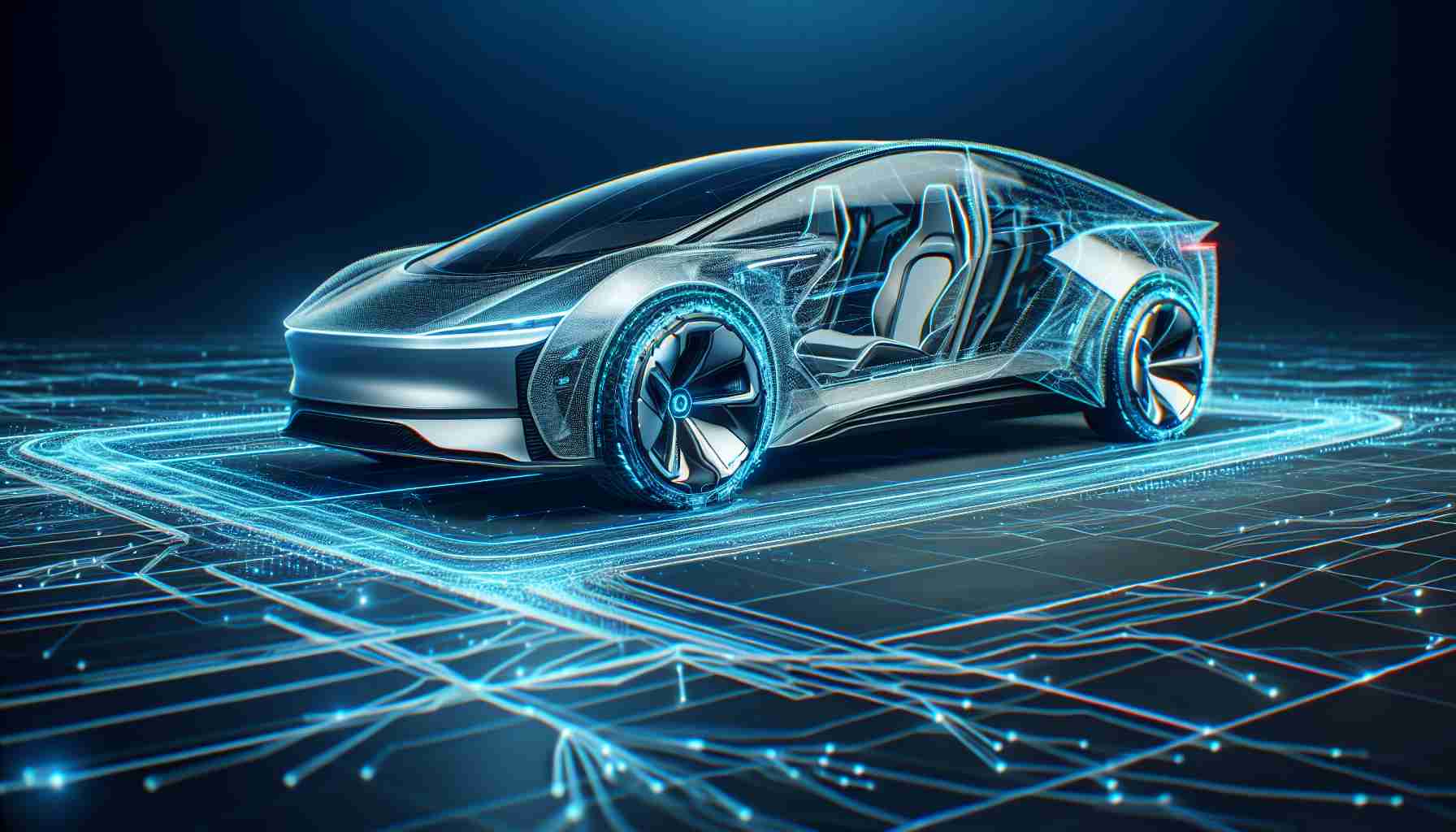Xpeng, a prominent Chinese electric vehicle (EV) manufacturer, has launched a pioneering gas-powered range extender called the Kunpeng Super Electric System. This innovative system transforms the EV landscape by significantly boosting driving range, offering a seamless travel experience.
The Kunpeng system enables an impressive 267 miles (430 km) on pure electricity and extends the journey to an astounding 869 miles (1,400 km) when combined with gasoline. These numbers, albeit based on China’s optimistic metrics, showcase a significant advancement in hybrid technology. By integrating an internal combustion engine with the electric powertrain, Xpeng aims to mitigate charging concerns, particularly in areas where charging infrastructure remains underdeveloped.
Unlike competitors such as Mazda, Xpeng sticks to a full-sized battery in its hybrid models, ensuring that drivers can access both long-range electric travel and quick refueling advantages. The company is also enhancing its offerings with AI technology, introducing an AI Battery Doctor that can extend battery life by up to 30% via a sophisticated 40-core processor supporting autonomous driving capabilities.
Additionally, Xpeng’s rapid charging technology allows for speeds up to 960 kW, achieving 80% charge in merely 12 minutes, thanks to their advanced 800-volt system. Plans are underway to expand access to this technology through company-built charging stations.
Amidst newly imposed EU tariffs on Chinese EVs, Xpeng’s hybrid strategy could provide a clever workaround by categorizing vehicles differently, avoiding the 21.3% tariff applied to fully electric imports. This strategic pivot aligns with other Chinese automakers’ trends, emphasizing flexibility in navigating global market challenges and infrastructure limitations.
Is Xpeng’s New Hybrid Strategy the Game-Changer in the Global Auto Industry?
Xpeng’s introduction of the Kunpeng Super Electric System represents a powerful shift in the electric vehicle market, leaving many intrigued, yet some experts skeptical about its long-term impact. Here, we delve deeper into its potential ramifications on the world stage, exploring its broader effects on everyday lives, communities, and countries, along with unveiling both the nuanced advantages and disadvantages.
The Impact on Global Commuting and Energy Infrastructure
The most immediate and profound impact of Xpeng’s innovative hybrid system will likely be on the global commuting landscape. By extending the range of an electric vehicle to a staggering 869 miles, this system offers a solution to the “range anxiety” that often deters potential EV buyers. For many people, especially those living in rural or remote areas with underdeveloped charging infrastructure, this means the possibility of embracing clean energy vehicles without sacrificing convenience.
Furthermore, the Kunpeng system could encourage a significant shift in energy infrastructure planning. Countries may need to reassess their charging station deployment strategies, balancing investments in both charging and traditional refueling infrastructures.
The Environmental Debate: Cleaner Energy or More Complex Systems?
As Xpeng blurs the lines between traditional hybrid and fully electric vehicles, it raises pertinent questions about environmental impacts. While offering extended electric ranges reduces reliance on gasoline, the integration of an internal combustion engine could be seen as a step back in attempts to phase out fossil fuels entirely. Additionally, manufacturing complexities arise as these dual-power systems require sophisticated engineering and can have a larger environmental footprint.
Market Advantages and Challenges
Xpeng’s hybrid strategy opens up new market opportunities, especially in regions like Europe, where tariffs on fully electric vehicles pose significant challenges for Chinese automakers. The potential to bypass these tariffs by categorizing vehicles as hybrids could provide a financial boon and a strategic edge over competitors focused solely on electrical technology.
On the flip side, the attempt to circumvent international regulations might lead to new tariffs or stricter policies, as nations try to promote their own auto industries.
Questions Arising: The Future of EVs
– Can Xpeng’s hybrid approach offer a blueprint for other automakers facing similar international trade barriers?
– How will this impact the pricing and adoption of fully electric vehicles across various markets?
– Will this strategy lead to a larger global market share for Chinese automakers, or incite resistance from other nations?
Advantages and Disadvantages
Advantages:
– Provides a practical solution for areas with limited charging options.
– Substantially extends vehicle range, alleviating consumer concerns.
– Potential to bypass international trade tariffs, enabling broader market access.
Disadvantages:
– Incorporates internal combustion engines, which could counteract environmental progress.
– May lead to regulatory backlash or new trade policies.
– Adds complexity and potential costs to vehicle design and production.
For more information on the latest in automotive technology and industry trends, consider visiting the following resources:
– XPeng Motors
– BMW
– Tesla
As Xpeng forges ahead with their ambitious plans, the coming years will determine whether the Kunpeng system becomes a defining moment in hybrid transportation or a transitional phase towards a fully electric future.







